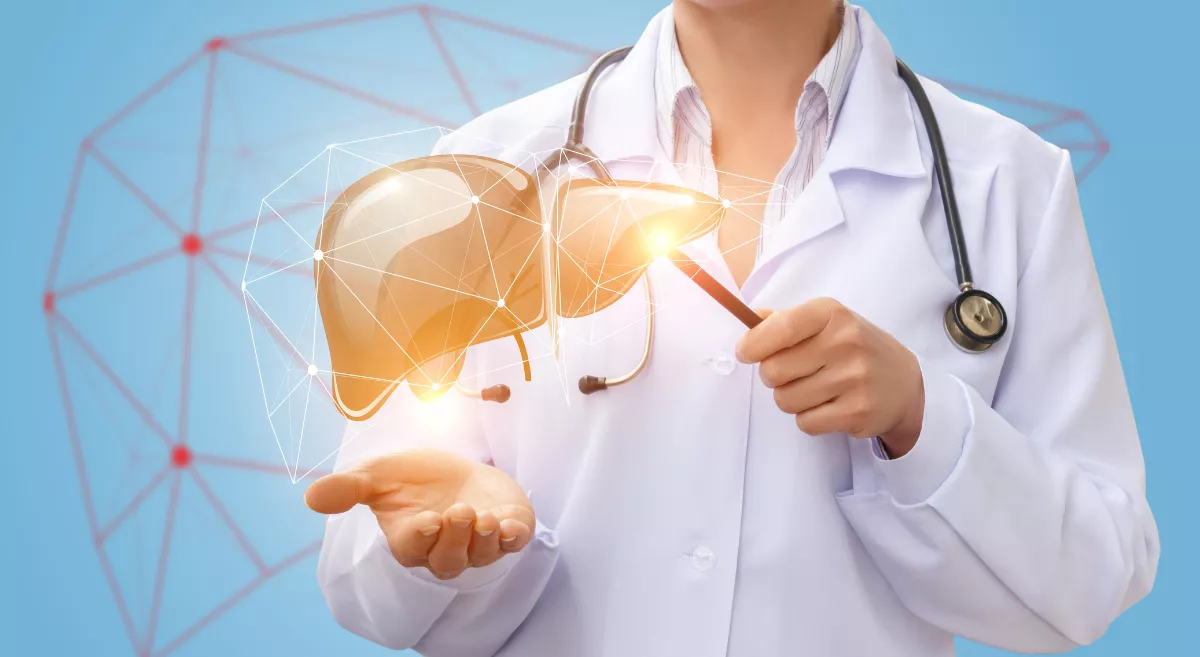The liver is one of the human body’s most important organs for maintaining good overall health. Some of the critical liver functions include filtering blood from the digestive tract, synthesising proteins, regulating metabolism, and secreting bile for digestion. Further, it detoxes the body by breaking down harmful substances from food and alcohol which are excreted from the body.
Liver concerns such as fatty liver and alcohol-related liver disease have been on the rise owing to unhealthy lifestyle habits. While moderate alcohol consumption is not particularly harmful for a healthy adult, excessive consumption can have serious implications on one’s liver health. For those seeking expert care, a Gastroenterology Hospital in Hebbal Bangalore can provide advanced diagnostic and treatment options.
As per WHO, daily consumption of 30 to 50 grams of alcohol for over five years can cause alcoholic liver disease (1). Severe liver damage can lead to numerous health concerns and may require a liver transplant. A liver function test is often the first step in screening for liver health and any abnormal markers should be instantly rectified through lifestyle changes or medications, as advised by your doctor.
Impact of Alcohol on Liver Health
The liver’s primary role is eliminating toxins in the body. When you consume alcohol, which is a toxin for the body, the liver instantly starts to break it down and eliminate it. However, the liver can work at a certain rate only. During periods of binge drinking, you tend to consume more alcohol faster than can be processed by the liver, leading to changes in the liver cells or other concerns such as:
1. Fatty Liver
This is often the first stage of liver disease and is reversible. It may be caused due to alcohol consumption or a food rich in processed and junk food. Fatty liver symptoms may be easily missed causing it to worsen undetected. Here, fat deposits start to accumulate in the liver and the best form of treatment is through lifestyle changes.
2. Alcoholic Hepatitis
Here, the liver gets inflamed and constant drinking starts to destroy the liver cells. Initially, this disease may start out as mild without any symptoms but can progress to a severe state. Common symptoms include nausea, fever, and vomiting. Quitting alcohol becomes crucial to save the liver from deteriorating further.
3. Cirrhosis
Cirrhosis occurs in 30% of individuals with long-standing consumption of more than 40 g/day. Here, the healthy liver cells are replaced by scarred tissue damaging the liver. This disease is not reversible and often requires a transplant if it continues to progress. Further, it also compromises overall health leading to other illnesses. To know more about this procedure, please connect with the top liver transplant surgeons in Bangalore or consult experienced Gastroenterologists in Hebbal Bangalore.
Balancing Alcohol Consumption with Good Liver Health
These days most social and professional engagements include alcohol resulting in people drinking several times a week. The key here is not complete abstinence (unless you have any form of liver disease), but moderation.
Additionally, there is no ‘safe’ alcohol. No matter which spirit you choose, it is recommended not to exceed one drink a day for women and two drinks a day for men. One standard drink is equivalent to 12 ounces of beer, five ounces of wine or 1.5 ounces of hard liquor.
Avoid periods of binge drinking, where you consume five drinks or more at a time, to protect your liver against damage. Talk to your healthcare provider to know what amount of alcohol is safe for your health based on your medical history. Additionally, opt for regular liver function test screenings to ensure your liver is completely healthy.
Protecting Liver Health
When it comes to the liver, prevention is better than cure. Here are some health tips to minimize liver damage.
• Drink plenty of water between alcoholic drinks to reduce the stress on the liver and help it detox the alcohol more efficiently.
• Avoid excessive drinking at a go as this puts immense stress on the liver.
• Maintain a balanced and nutritious diet rich in vitamins and minerals to support a healthy liver.
• Engage in regular physical activity which supports healthy liver function and reduces fatty liver concerns
• Go for regular health screenings including liver function tests to detect any signs of liver damage.
Conclusion
Alcohol consumption shares a complicated relationship with the liver. While moderate consumption by healthy adults may be safe, excessive consumption can compromise liver function. Adopting healthy lifestyle choices along with regular screenings can help mitigate the risk and support a healthy liver.





